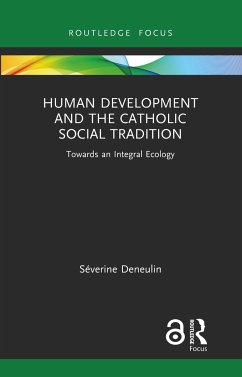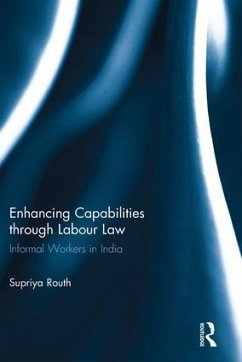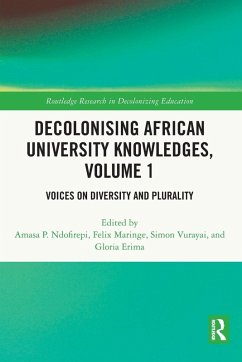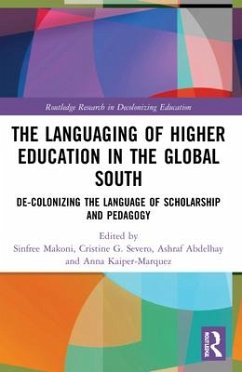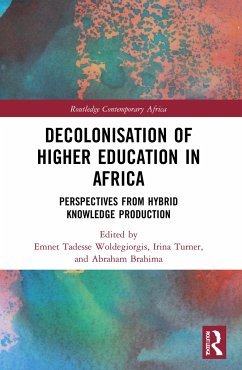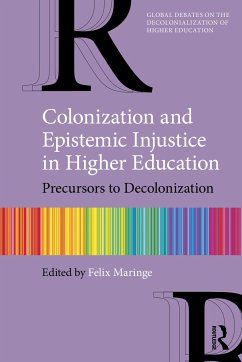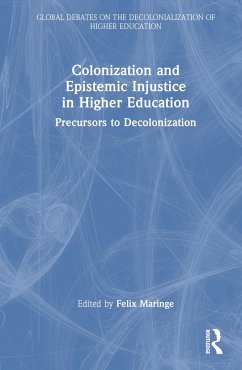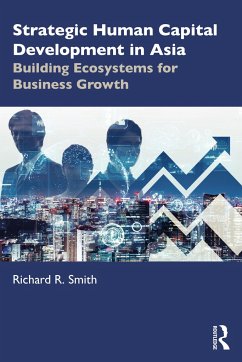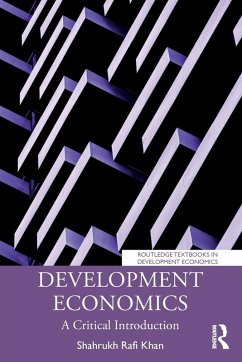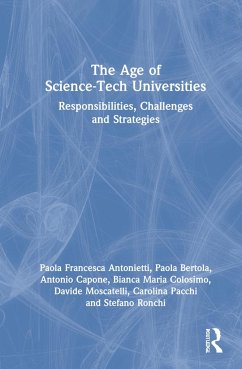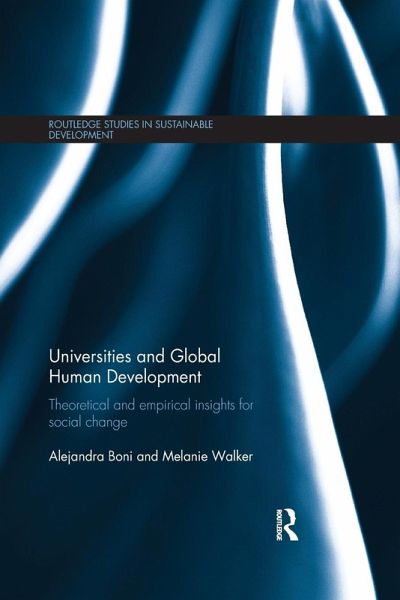
Universities and Global Human Development
Theoretical and empirical insights for social change
Versandkostenfrei!
Versandfertig in 6-10 Tagen
51,99 €
inkl. MwSt.
Weitere Ausgaben:

PAYBACK Punkte
26 °P sammeln!
This book makes the case for a critical turn in development thinking around universities and their contributions in making a more equal post-2015 world. It puts forward a normative approach based on human development and the capability approach, one which can gain a hearing from policy, scholarship, and practitioners dealing with practical issues of understanding policy, democratising research and knowledge, and fostering student learning - all key university functions.The book argues that such an approach can elucidate development debates drawing on local, national and international issues an...
This book makes the case for a critical turn in development thinking around universities and their contributions in making a more equal post-2015 world. It puts forward a normative approach based on human development and the capability approach, one which can gain a hearing from policy, scholarship, and practitioners dealing with practical issues of understanding policy, democratising research and knowledge, and fostering student learning - all key university functions.
The book argues that such an approach can elucidate development debates drawing on local, national and international issues and examples to show why higher education matters for sustainable development goals both in educational and social terms. It advocates a new arena of engagement with universities as key sites of development and freedoms beyond human capital and challenges development omissions and gaps around university education. The book explores how the human development approach addresses the following core ideas: the meaning of well-being, the idea of agency, participation and democratic citizenship, how to address inequalities, the relation between local and global, and the idea of equitable partnerships.
This book is addressed to researchers and postgraduate students in development studies, university education, the capability approach and human development community.
The book argues that such an approach can elucidate development debates drawing on local, national and international issues and examples to show why higher education matters for sustainable development goals both in educational and social terms. It advocates a new arena of engagement with universities as key sites of development and freedoms beyond human capital and challenges development omissions and gaps around university education. The book explores how the human development approach addresses the following core ideas: the meaning of well-being, the idea of agency, participation and democratic citizenship, how to address inequalities, the relation between local and global, and the idea of equitable partnerships.
This book is addressed to researchers and postgraduate students in development studies, university education, the capability approach and human development community.





